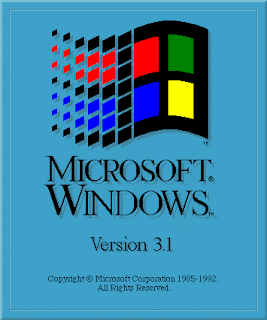It is a game with minimal graphics and absolutely no built-in storyline. A "blue sky" scenario with no end, where you choose to stay until you find the real world slipping by. You climb the ranks to become the greatest Football Manager your small virtual world has ever encountered, living through the ups and downs of the world of football. The agony of losing a match at the last minute paired against the joy of winning the trophy you just gave up a few hours of life to battle for.
This game has been revolutionary ever since its early Championship Manager days. Like most managerial strategy games, it has limitless potential to mimic and extend the real world. And like all good games, it allows you to play a character who makes decisions that matter. There have been a lot of games which have attempted to do the same, but Football Manager's greatest assets are the untiring unpaid scouts who research almost every country in the world to bring the game as close to reality as possible and a match engine that is as realistic as anything we have watched in real life. All the drama is well simulated. What started out as text commentary around a decade ago has now been extended to a realistic 3-D simulations bundled with a lot of statistics. From the attributes of many thousands of players, each with their own unique likes and dislikes, to every aggregated piece information you might need about how a team and its players are playing.
Once it has submerged you in a world that looks vaguely familiar, in your journey through time, you will discover that this is a world that has been modeled to reflect only the simpler parts of reality. A sanitized virtual world where you can live out your fantasies of control and victory. It combines the passion of football with the power of being a decision-maker, yet gives you enough flexibility to choose the level of micro-management.
he world you play in is dynamic. It grows and changes, vibrant with random events you have no control over. The players grow old and quit, even as new ones are born. The fortunes of individual clubs rise and fall, while the players go through their own individual careers. There are young players you can watch and sometimes guide into becoming world-class superstars. There are other names that soon fall into obscurity. Amidst all of this, you are the only constancy as you plot your own rise through the ranks from relative obscurity to a name that is respected by all the virtual denizens in these few megabytes of reality.
It is an art, to be able to combine simplicity with realism. The real world is often off-putting because things just aren't simple enough, and many games in their attempt to be realistic attempt to simulate this component in the virtual world. Thus even our fantasies of control are as complex and irritating as reality (Case in point - Civilization 3). Football Manager has succeeded in giving us freedom to choose our own paths, along with a lot of data and depth, without ever overwhelming us or complicating our alternate gaming realities
This is an ode to the most addictive computer game I have ever played, one that has already taken a substantial part of my life and shall continue to do so. We create the stories in this world just like we do in another game I am a fan of - The Sims. For now, I will attempt to lead Aldershot to Champions League glory - it has been a heroic struggle as these underdogs have climbed the ranks to now go head-to-head against the giants of European football.





























